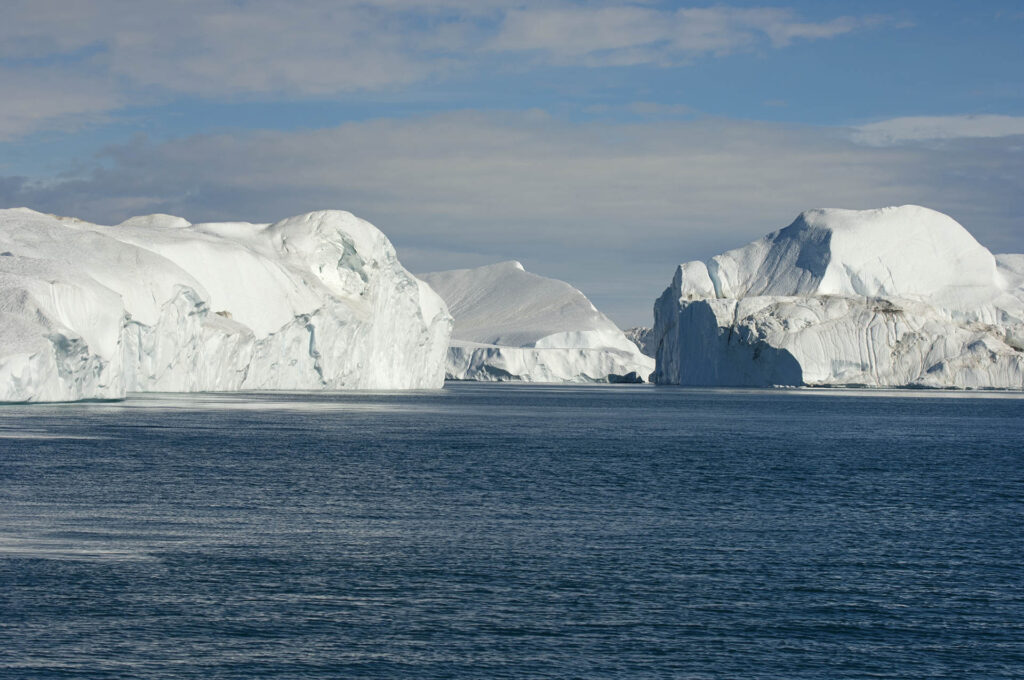
It’s all around us but masked by “noise” in the media; enabled by fairness in journalism, driven by myth that has been propagated by experiences that we as a society have never before experienced. When Unprecedented drought in California was replaced by unprecedented flooding, the paper says: “The media, resource management entities, and the scientific…









